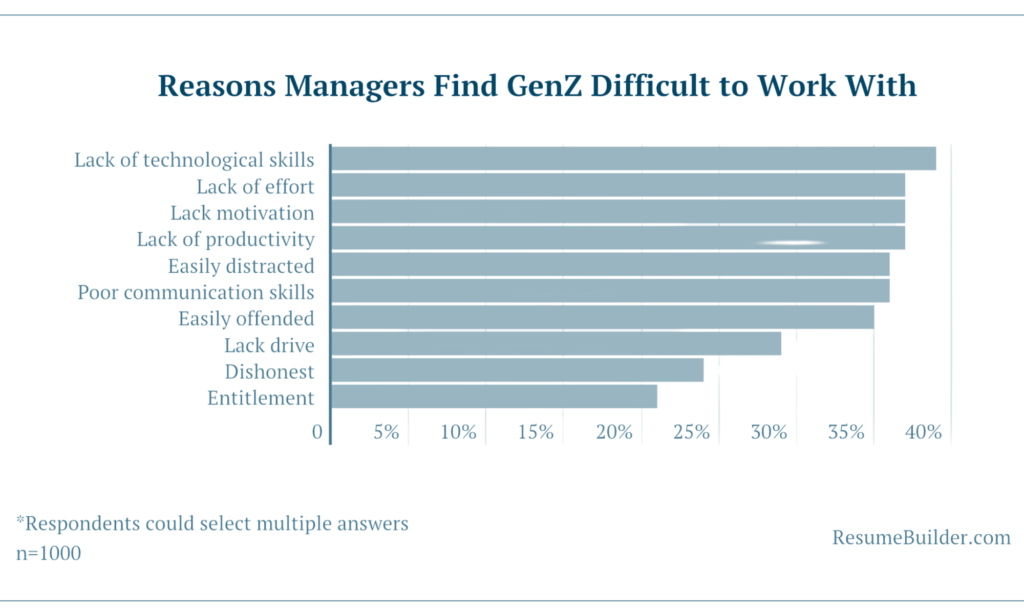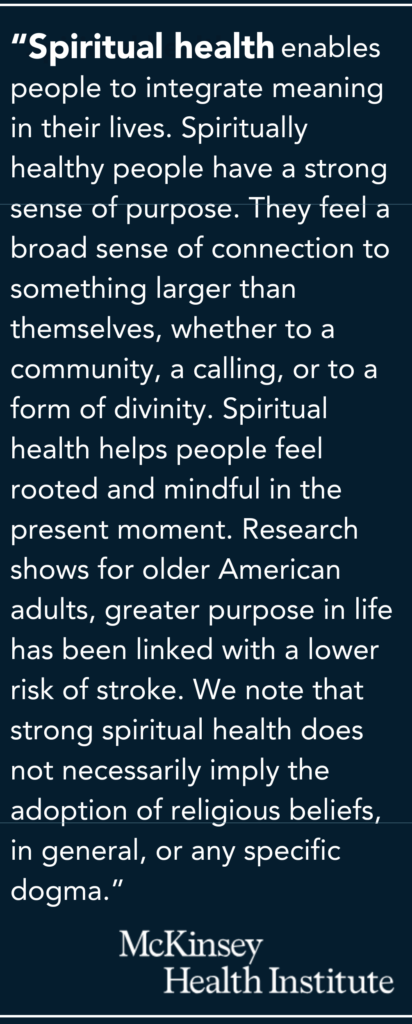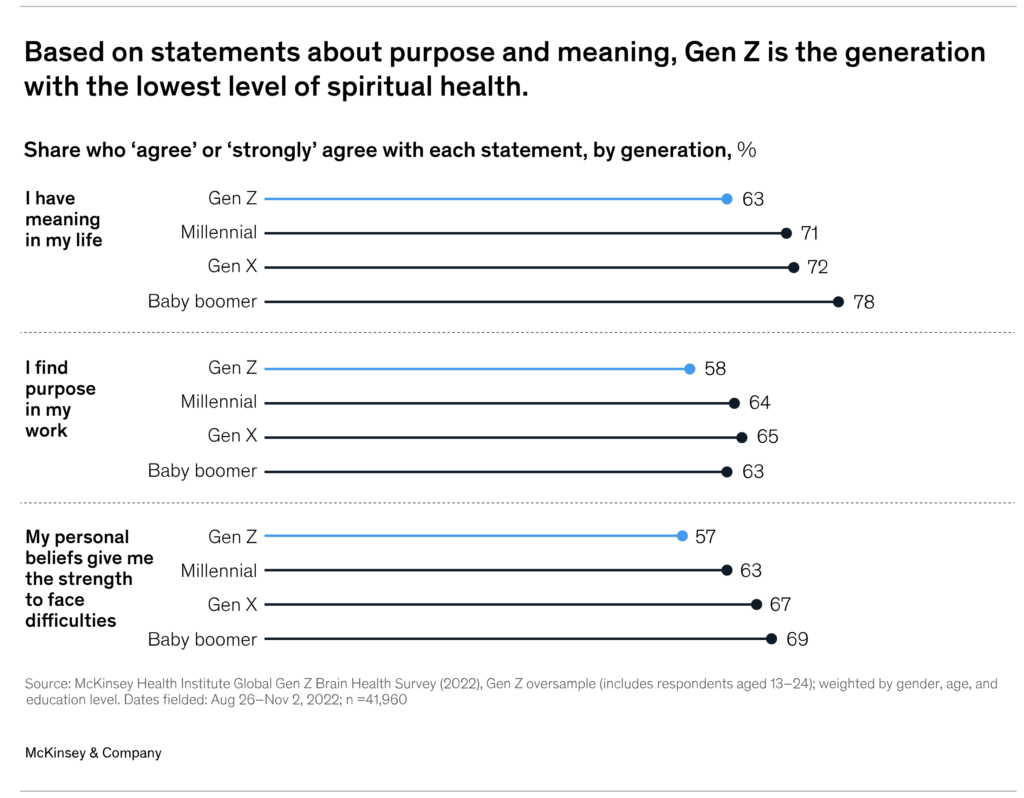On February 26, 2024, UN Secretary-General António Guterres raised the alarm that Human Rights, the ‘Bedrock of Peace’ are under attack worldwide:
“Human rights are the bedrock of peace. Today, both are under attack. We meet at a time of turbulence for our world, for people, and for human rights. First and foremost, conflicts are taking a terrible toll as parties to war trample on human rights and humanitarian law. At the local level and online, many communities are riven with violent rhetoric, discrimination and hate speech. Add to that an information war. A war on the poor. And a war on nature.
“All these battles have one thing in common: they are a war on fundamental human rights. And in every case, the path to peace begins with full respect for all human rights — civil, cultural, economic, political and social, and without double standards. Because building a culture of human rights is building a world at peace.”
If we wait until children are grown to teach human rights, it may be too late. But theoretical or intellectual human rights education is not enough. It must be connected to skills that reinforce not only the value of these rights but also their utility in building sustainable, prosperous societies and opportunities for all individuals to thrive.
The Religious Freedom & Business Foundation, through its Dare to Overcome global initiative is taking action to advance human rights knowledge and practice among secondary school students. We are doing so in such a way that combines practical knowledge of the rights with skills that not only reinforce the human rights but also provide useful soft business skills that are tangible resources for everyone in whatever line of work they engage in.
Currently, we are piloting such an initiative in India with major universities, including the MIT World Peace University in Pune.
The Dare to Overcome Human Rights, Business Skills & Peace Secondary School Curriculum, which is an adaptation of the Colega curriculum developed and deployed internationally by the Geneva Office for Human Rights Education (GO-HRE).
For example, in teaching Article 1 of the Universal Declaration of Human Rights (UDHR) “All human beings are born free and equal in dignity and rights. They are endowed with reason and conscience and should act towards one another in a spirit of brotherhood.” The curriculum puts it in a paraphrased version accessible to student:
Article 1: Right to equality. You are born free and equal in dignity and rights to every other human being. You have the ability to think and to tell right from wrong. You should treat others with friendship.
 The activities are then designed to demonstrate this right through stories, song and skills development. The business skill for Equality is “Active Listening.” This recognizes that to truly be an active listener requires listening to others as an equal, and that being an active listener is a practical way to put the right of equality to practice. And in terms of business, whether it’s operating a street stall or running a major corporation, being an active listener is a skill that allows you to take in all viewpoints and gain a better understanding of risks and opportunities.
The activities are then designed to demonstrate this right through stories, song and skills development. The business skill for Equality is “Active Listening.” This recognizes that to truly be an active listener requires listening to others as an equal, and that being an active listener is a practical way to put the right of equality to practice. And in terms of business, whether it’s operating a street stall or running a major corporation, being an active listener is a skill that allows you to take in all viewpoints and gain a better understanding of risks and opportunities.
The soft business skill of collaboration is useful in teaching and practicing the concept of equal and unalienable rights. When collaboration with others who may be different from ourselves is viewed as unnecessary, then it is easy to treat others as unnecessary. But by demonstrating that we are capable of attaining more by working together, it is easier to see why equal and unalienable rights apply to all.
Discrimination can be conscious or unconscious. Either way, it block us from seeing and benefitting from the ideas an strengths of others. We drive this home through a networking activity that show that despite similarities, we are surrounded by diversity in ages, preferences, family makeups, backgrounds and cultures. Seeing ourselves as part of this diversity not only helps highlight our own strengths but allows us to see the strengths of others and how this brings benefit to the whole.
The right to live, to be free and to feel safe, for students, includes freedom from bullying. The business skill focuses on conflict resolution, a skill that can be practiced and is a not only beneficial in any work environment or business, but also to peace itself. Conflict resolution is how we solve problems in a way where everyone gets what they need and is treated kindly. This is a skill we need at home, school, and work.
The right to marriage and a family is one that also involves a commitment to supportive and loving relationships. The challenge of providing such an environment is one that relies on the soft business skill of teamwork. As the saying goes, teamwork makes the team work. Of course, that easier to say than do and using an exercise that demonstrates that a seemingly impossible task for an individual becomes possible through teamwork.
Our world is filled with people of different religious beliefs, faiths and worldviews. All people are free to hold their beliefs and practices without fear of discrimination or criticism. They are also free to join with others or even to change their beliefs as long as there is no coercion or pressure. One way to appreciate and engage on this right is the soft business skill of curiosity. By listening to things that matter to other people and learning about new things, we’re practicing curiosity. Curiosity is a skill that will help us be better friends and work well with people who believe differently than we do. It’s also an important skill when doing business with those who have different beliefs than we might have.
Freedom of expression ensures the right to find out things and share what you think with others, by talking, drawing, writing or in any other way as long as the information is not damaging to you or to others. The business skill of verbal communication is not only the art of clear expression, but also thoughtful speech. Is the speech both true and kind?
The right to legal recognition means that you have the right to have your birth legally registered, and be recognized as a person before the law, including your right to a name, a nationality and family connections. In this lesson we introduce the skill of problem-solving by asking the students what they already know about it, and helping them see its usefulness in all areas of life. The skill is developed by practicing problem-solving in a real-life situation where someone’s birth was not legally registered.
In exploring Freedom from Child Labor, the emphasis is on having the right to work, to choose your work, and to work in good conditions, including protection from work that is dangerous to health or development, that interferes with education or that might lead people to take advantage. It is not always straightforward to assess whether work falls under the category of prohibited child labor or if the work is acceptable. Analysis is an important skill in all areas of life an work. In this lesson we practice the skill of analysis, which is a way of investigating things. We look at different stories of children working and analyze if they are examples of child labor.
Everyone has the right to education. Education shall be free, at least in the elementary and fundamental stages. According to UDHR, education should prepare you for life and encourage you to respect your parents and your country, as well as other nations and cultures. You have a right to learn about your rights. And according to UDHR Article 29, we all have a duty to the other people in your community to protect their rights and freedoms, including the right to education. It takes resiliency to fulfill our duty to protect others’ human rights. Resiliency means we keep trying, even if something is hard or doesn’t work at first. This lesson ends with one of the more challenging exercises showing that with resiliency, a problem can be solved.
By 2030, it is estimated that India will have more than 90 million people joining the workforce. This skill-based curriculum will help develop cohorts of holistic, lifelong learners who are not only equipped with relevant skills for the evolving workplaces of the future but are also flexible, innovative leaders ready to take on the unknown challenges of tomorrow’s world.




 The role of faith and spirituality in providing meaning at work
The role of faith and spirituality in providing meaning at work













